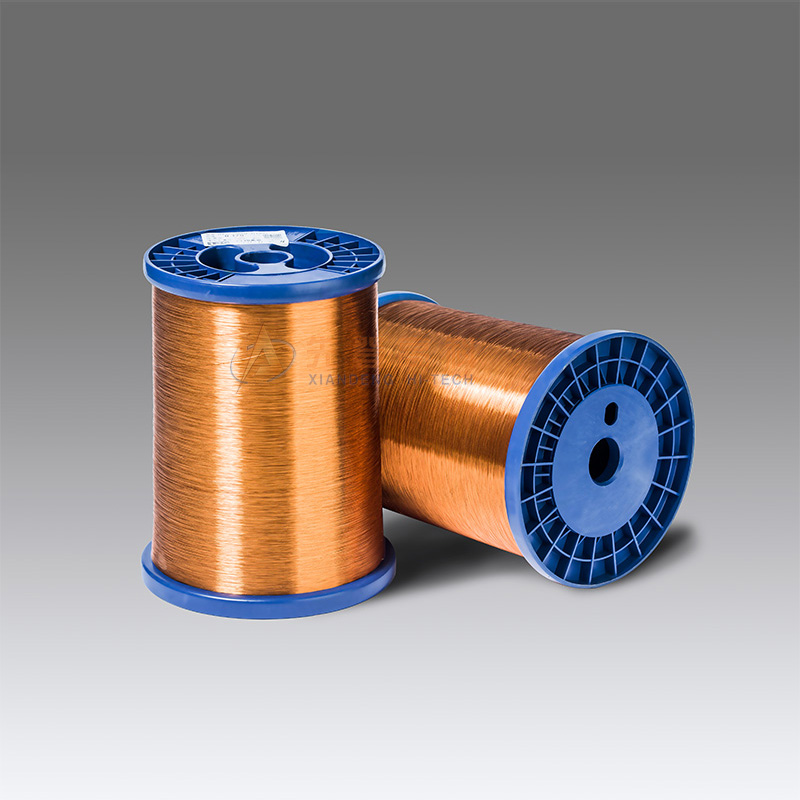

In the ever-evolving field of electrical engineering, a […]
In the ever-evolving field of electrical engineering, a cost-effective alternative has emerged that is poised to revolutionize the industry. Copper clad aluminum wire (CCA) has garnered significant attention as a viable substitute for traditional copper wire, offering a compelling combination of affordability and performance. With its unique properties, CCA wire has the potential to reshape various electrical applications, from residential wiring to automotive and telecommunications sectors.
Copper clad aluminum wire consists of an aluminum core encased in a thin layer of copper, combining the best characteristics of both metals. The aluminum core provides lightweight and excellent conductivity, while the copper coating ensures enhanced corrosion resistance and ease of soldering. This innovative amalgamation addresses the increasing demand for cost reduction without compromising performance.
One of the primary advantages of CCA wire is its significant cost savings compared to pure copper wire. Aluminum is abundantly available and less expensive than copper, resulting in a substantial reduction in material costs. As a result, CCA wire offers an attractive solution for budget-conscious projects without sacrificing quality or reliability.
Despite its cost-effectiveness, CCA wire still maintains desirable electrical conductivity levels. While aluminum has a lower conductivity compared to copper, the copper coating in CCA wire ensures that it meets industry standards for electrical performance. The wire's resistance is carefully engineered to deliver optimal efficiency in various applications, making it a practical alternative for many electrical projects.
Another notable benefit of CCA wire is its reduced weight compared to pure copper wire. The lighter weight of aluminum core contributes to easier handling and installation, especially in large-scale projects. This advantage has sparked interest in industries such as aerospace and automotive, where weight reduction plays a crucial role in overall efficiency and fuel economy.
Moreover, CCA wire exhibits commendable resistance to corrosion, making it suitable for diverse environments. The copper coating acts as a protective barrier against oxidation and other environmental factors, ensuring longevity and durability. This feature makes CCA wire particularly appealing for outdoor applications and telecommunications infrastructure, where exposure to moisture and other elements is a concern.
While CCA wire offers numerous benefits, it is essential to consider its limitations. The compatibility with certain connectors and termination methods may vary compared to pure copper wire. It is crucial for electrical professionals and installers to be aware of these differences and adapt their techniques accordingly to ensure proper connections and long-term reliability.
As the demand for cost-effective electrical solutions continues to rise, copper clad aluminum wire has emerged as a compelling alternative. Its combination of affordability, satisfactory conductivity, corrosion resistance, and reduced weight positions it as a game-changer in the industry. However, careful consideration and adherence to best practices are necessary to maximize the advantages of CCA wire and ensure its successful implementation in various electrical applications.
As engineers and manufacturers increasingly embrace this innovative material, the future holds promising possibilities for copper clad aluminum wire. As technology advances and research continues, further refinements and optimizations are expected, solidifying CCA wire's position as a cost-effective and reliable solution for the electrical industry.
